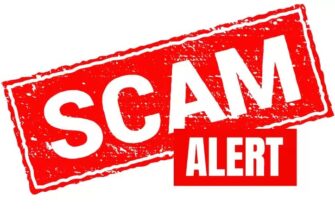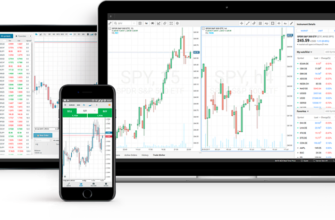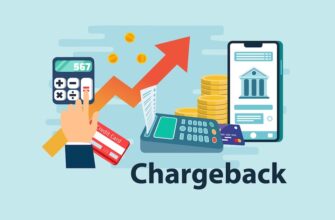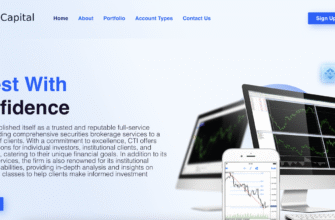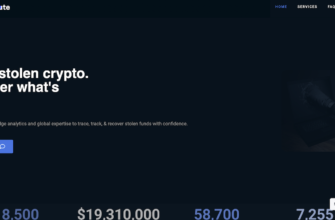The foreign exchange (forex) market is the largest and most liquid financial market globally, with a daily trading volume exceeding $7.5 trillion . At the heart of this vast market are forex brokers, essential intermediaries facilitating currency trading for retail and institutional clients. This article delves into the role of forex brokers, their operational models, regulatory frameworks, and how traders can select a trustworthy broker.

What Is a Forex Broker?
A forex broker, also known as a foreign exchange broker or FX broker, is a financial services company that provides traders with access to a platform for buying and selling foreign currencies. These brokers act as intermediaries between the trader and the interbank system, enabling clients to execute trades in currency pairs like EUR/USD or GBP/JPY .
How Forex Brokers Operate
Forex brokers operate by offering trading platforms where clients can place orders to buy or sell currency pairs. They provide real-time quotes, execute trades, and may offer additional services such as market analysis, educational resources, and customer support. Brokers earn revenue primarily through spreads—the difference between the bid and ask prices—and may also charge commissions or fees for certain services .
Types of Forex Brokers
Dealing Desk (Market Makers)
Market makers create a market for their clients by taking the opposite side of a trade. They may set their own bid and ask prices, which can lead to potential conflicts of interest. However, they often provide fixed spreads and may offer faster execution during normal market conditions .
No Dealing Desk (NDD)
NDD brokers provide direct access to the interbank market without intervening in trades. They can be further divided into:
• Straight Through Processing (STP): Orders are routed directly to liquidity providers without any dealing desk intervention.
• Electronic Communication Network (ECN): Orders are matched with other participants in the ECN, offering greater transparency and variable spreads.
NDD brokers typically offer tighter spreads but may charge a commission per trade.
Regulatory Oversight
Regulation is crucial in the forex industry to ensure transparency, protect clients, and maintain market integrity. Reputable forex brokers are regulated by financial authorities in their respective jurisdictions. For instance:
• United States: Commodity Futures Trading Commission (CFTC) and National Futures Association (NFA)
• United Kingdom: Financial Conduct Authority (FCA)
• Australia: Australian Securities and Investments Commission (ASIC)
• Cyprus: Cyprus Securities and Exchange Commission (CySEC)
Regulated brokers are required to adhere to strict financial standards, including capital requirements and regular audits, providing an added layer of security for traders .
Choosing a Reliable Forex Broker
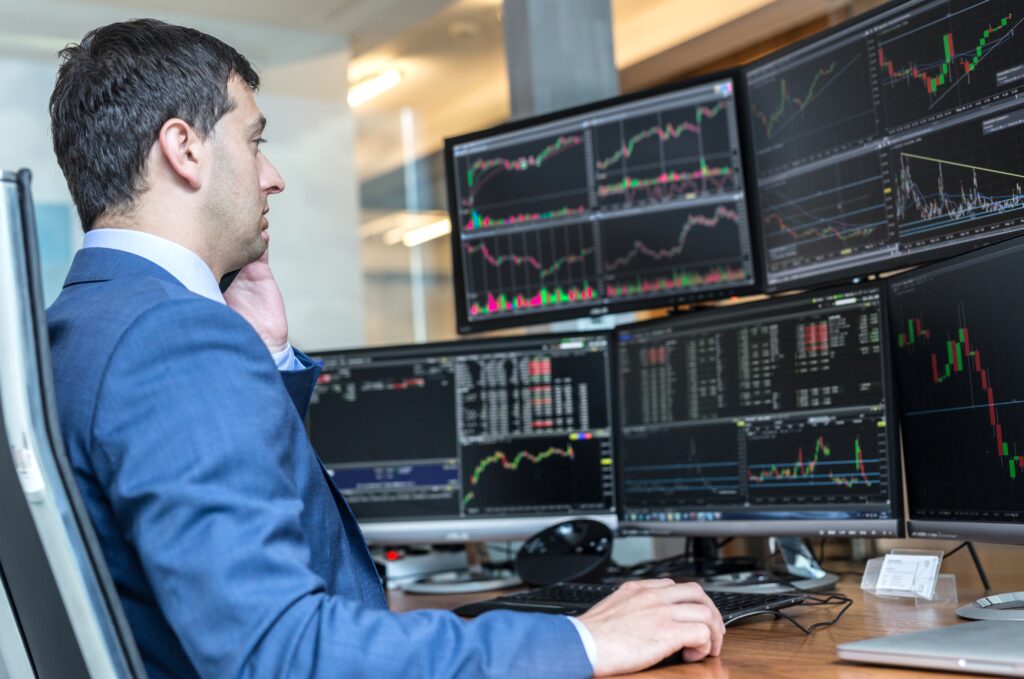
Selecting the right forex broker is a critical decision for any trader. Consider the following factors:
• Regulation: Ensure the broker is regulated by a reputable financial authority.
• Trading Platform: Evaluate the broker’s trading platform for usability, reliability, and available features.
• Spreads and Commissions: Compare the cost of trading, including spreads and any additional fees.
• Customer Support: Assess the quality and availability of customer service.
• Educational Resources: Look for brokers that offer educational materials to help you improve your trading skills.
• Deposit and Withdrawal Options: Check the ease and speed of funding and withdrawing from your trading account.
It’s advisable to start with a demo account to test the broker’s platform and services before committing real funds.
Beware of Scam Brokers: How to Stay Safe
While there are legitimate and regulated forex brokers who offer real access to the currency markets, unfortunately, the industry is also riddled with scam brokers. These fraudulent companies often lure victims with promises of guaranteed profits, ultra-low spreads, or high-end trading platforms — only to disappear once deposits are made or returns are requested.
How to avoid falling into a scam trap:
• Always check regulation. Verify if the broker is licensed by trusted authorities like FCA (UK), CySEC (Cyprus), or ASIC (Australia). No regulation — no deal.
• Do your homework. Look for real user reviews on independent platforms. Be cautious if most reviews are overly positive or identical.
• Avoid high-pressure tactics. Scam brokers often push you to deposit quickly or invest more. Legitimate companies will never pressure clients.
• Transparency is key. Reputable brokers clearly show fees, contact information, and company details on their website.
If you’ve already lost money to a suspicious broker — don’t panic. You may still be able to recover your funds using the chargeback procedure, especially if the payment was made via credit card or other regulated payment systems. This process allows you to dispute unauthorized or fraudulent transactions with your bank or card issuer.
Conclusion
Forex brokers play an indispensable role in the global currency markets, providing traders with the necessary tools and access to execute trades. Understanding how brokers operate, their regulatory environment, and the services they offer is essential for making informed trading decisions. By carefully selecting a reputable and well-regulated broker, traders can enhance their chances of success in the dynamic world of forex trading.
